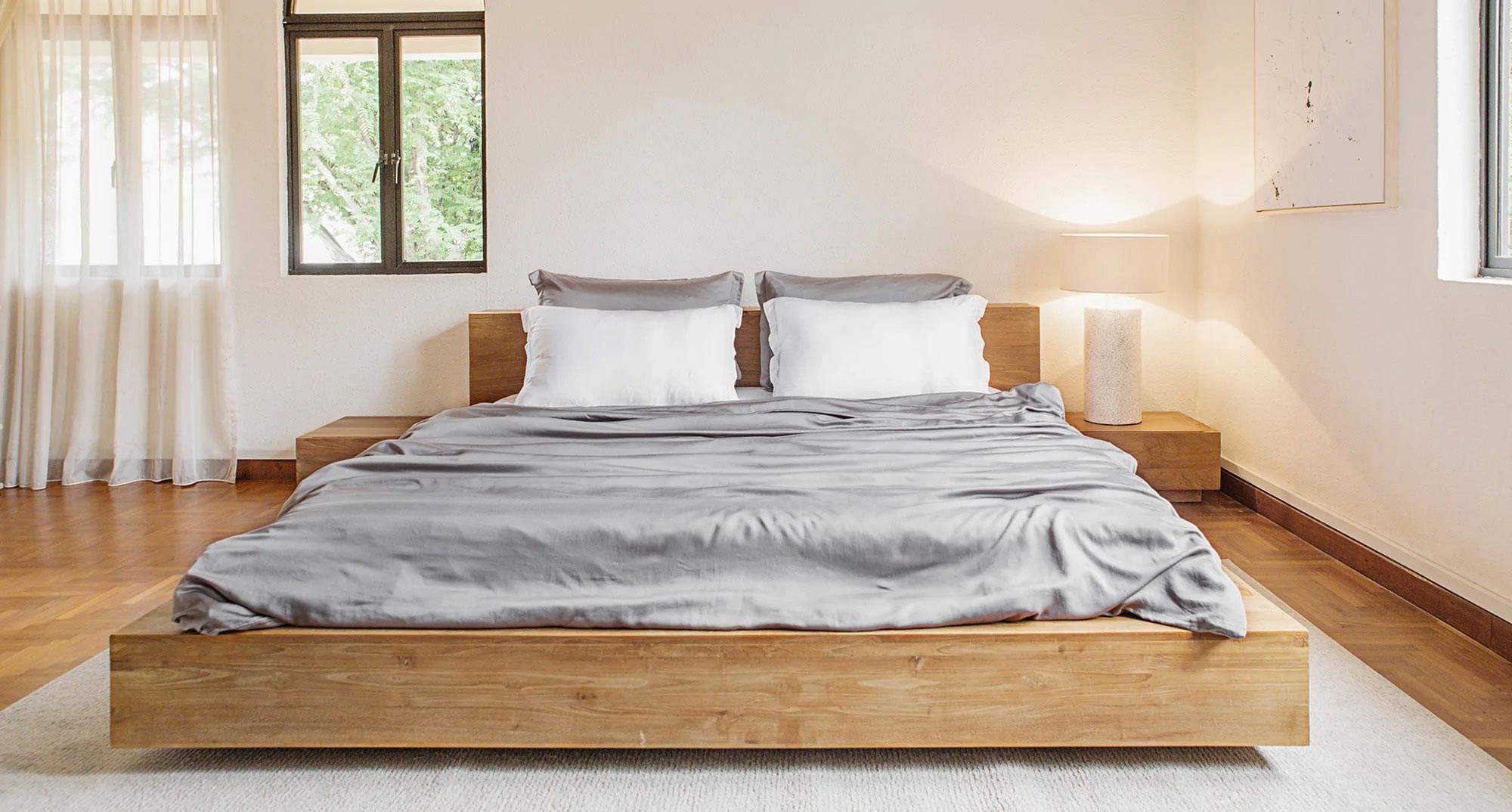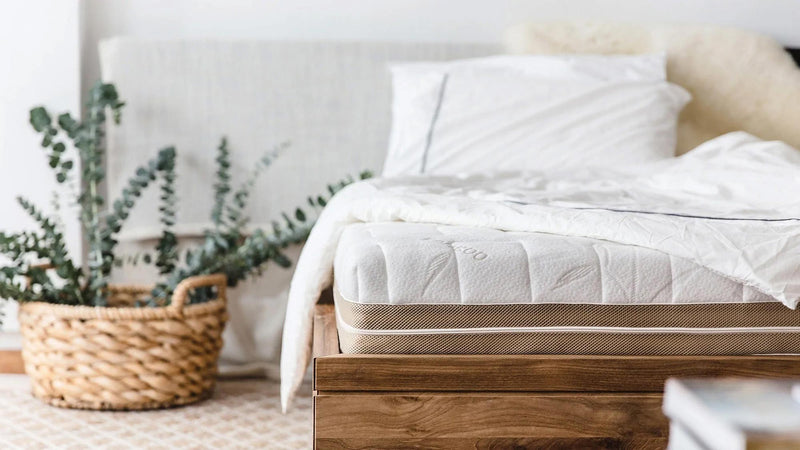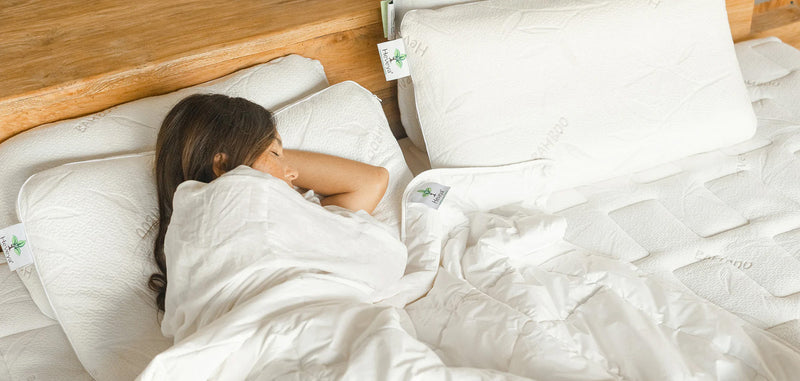Frequent urination at night is also known as nocturia, and it is a common problem for many people. Naturally, this can be disruptive to your sleep. This is a problem which is on the rise: an increasing proportion of Singaporeans have nocturia, in line with a worldwide trend.
Some doctors feel that one event of getting up to go to the bathroom per night is normal, while others believe that only a full 6 to 8 hours at night without emptying the bladder is normal. In any case, regularly rising two or more times per night to go to the bathroom is not considered normal.
Frequent urination at night is not a disease in and of itself; however in many cases it is a symptom or an effect of an underlying disease or condition. In other cases, it may have no obvious cause. However, it is always best to see a doctor if you are experiencing nocturia, so that you can use the window of opportunity to investigate and treat this condition.
Causes
There are many possible medical causes of frequent urination at night. Some possible causes include diabetes, hypercalcaemia, renal failure, cardiac disease and oedema. Multiple sclerosis and other neurological conditions such as cord compression and cauda equina can affect bladder control which may in turn result in nocturia.
Diseases of the lower urinary tract can also cause frequent urination at night; some examples of these are urethral disease, inflammation such as interstitial cystitis, urinary tract infection, tumour of the bladder, ureters or urethra, prostate cancer and benign prostate hypertrophy.
Sleep apnoea is also known to be a possible cause of nocturia. This happens when the disrupted breathing of a sleep apnoea patient causes wakefulness briefly during the night, which results in the person getting up to go to the bathroom.
There are also plenty of non-disease causes of nocturia. Some of these are pregnancy, drinking excessive fluid intake of any kind, drinking alcohol or caffeine soon before bed, and age-related decrease of an anti-diuretic hormone. In some older people, bladder capacity has decreased a little due to aging, and this also results in frequent urination at night.
Certain medications can also cause nocturia as a side effect. Some of these medications are diuretics, antacids, and excessive calcium supplementation.
As you can see, some of the above medical causes are very serious. It is thought that this is why men and women who experience frequent urination at night have been shown to have a higher risk of early death than those who have no need to rise at night. Furthermore, there is the compounding effect that getting up frequently at night results in fragmented sleep. This in turn leads to higher levels of cortisol, a stress hormone, which causes poor immunity and therefore poorer health.
Treatment
Treatment of nocturia depends on the cause, so there is no one-size-fits-all answer. In most cases, symptoms of nocturia disappear once the underlying disease or disorder causing it is treated. The patient will be able to sleep through the night again. However, it's important to remember that there might be more than one cause of nocturia in the same person.
In cases where a medical cause of nocturia has been ruled out by a doctor, several lifestyle changes can be made to help you keep bathroom trips at night time to a minimum. These are:
Another lifestyle change you can make is to purchase a more comfortable mattress which will let you sleep more deeply. This is especially important if you need to urinate only because you happen to wake up then (as opposed to the reverse: waking up specifically because of an urge to urinate).
If you have an older or uncomfortable mattress, just rolling over may prove uncomfortable enough that you temporarily wake up. This causes you to decide you should go to the bathroom. If this repeats itself several times a night, you can see how this would be very disruptive to your sleep at night - and to your attention span the next day.
A latex mattress is widely considered to be the best type for comfort, and has been recommended by many osteopaths, physical therapists and chiropractors. In addition to comfort, latex is also highly durable, meaning you should reap the benefits of a deeper sleep for many, many years to come.
Perhaps it is time to start considering positive lifestyle changes for a better night's sleep!










